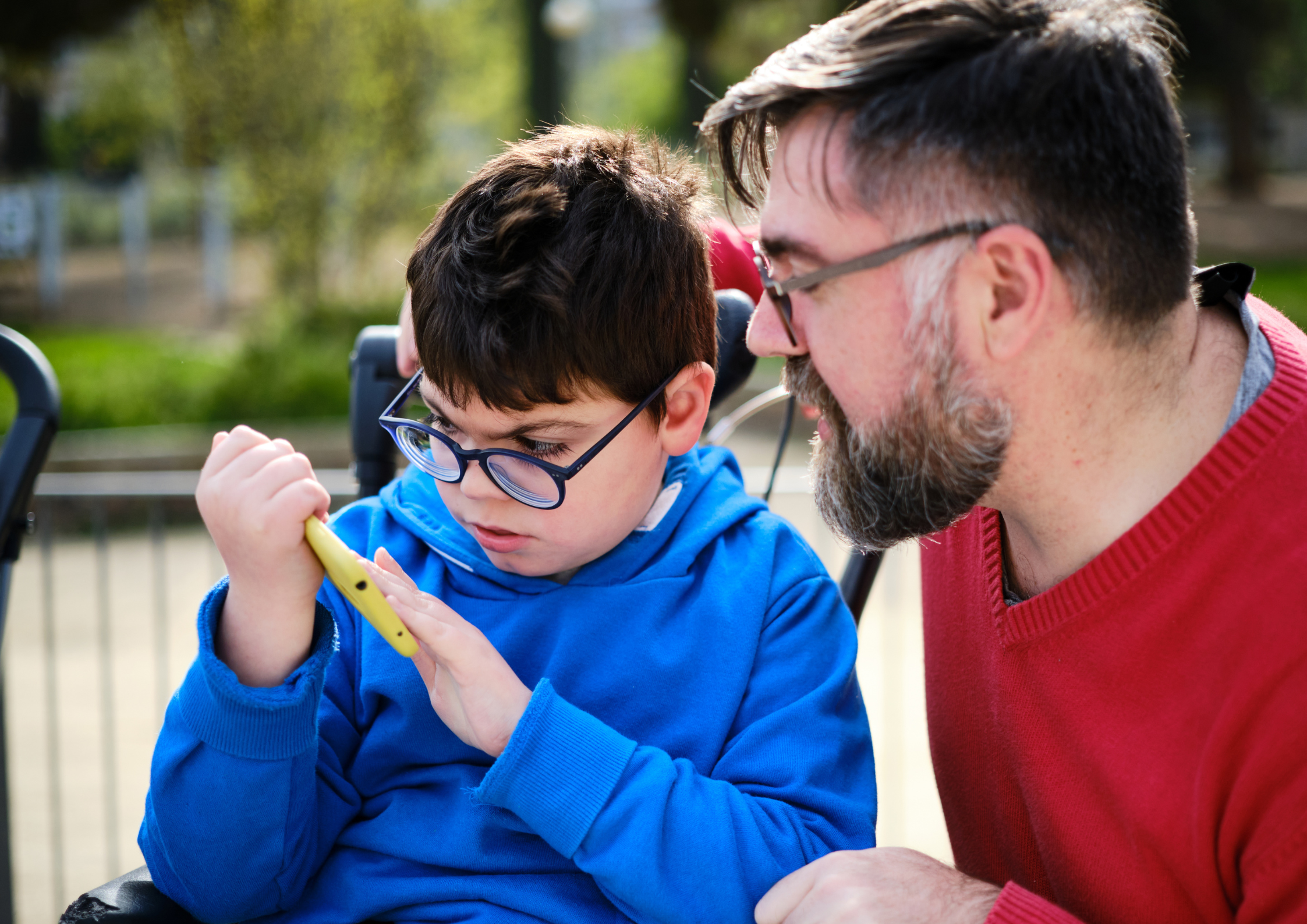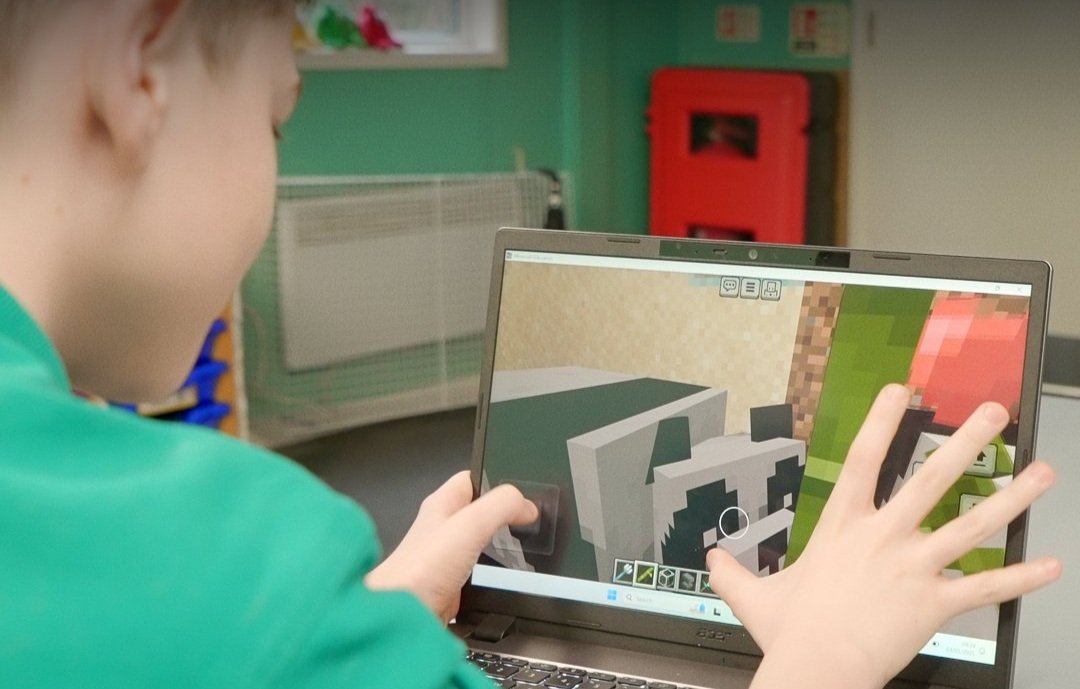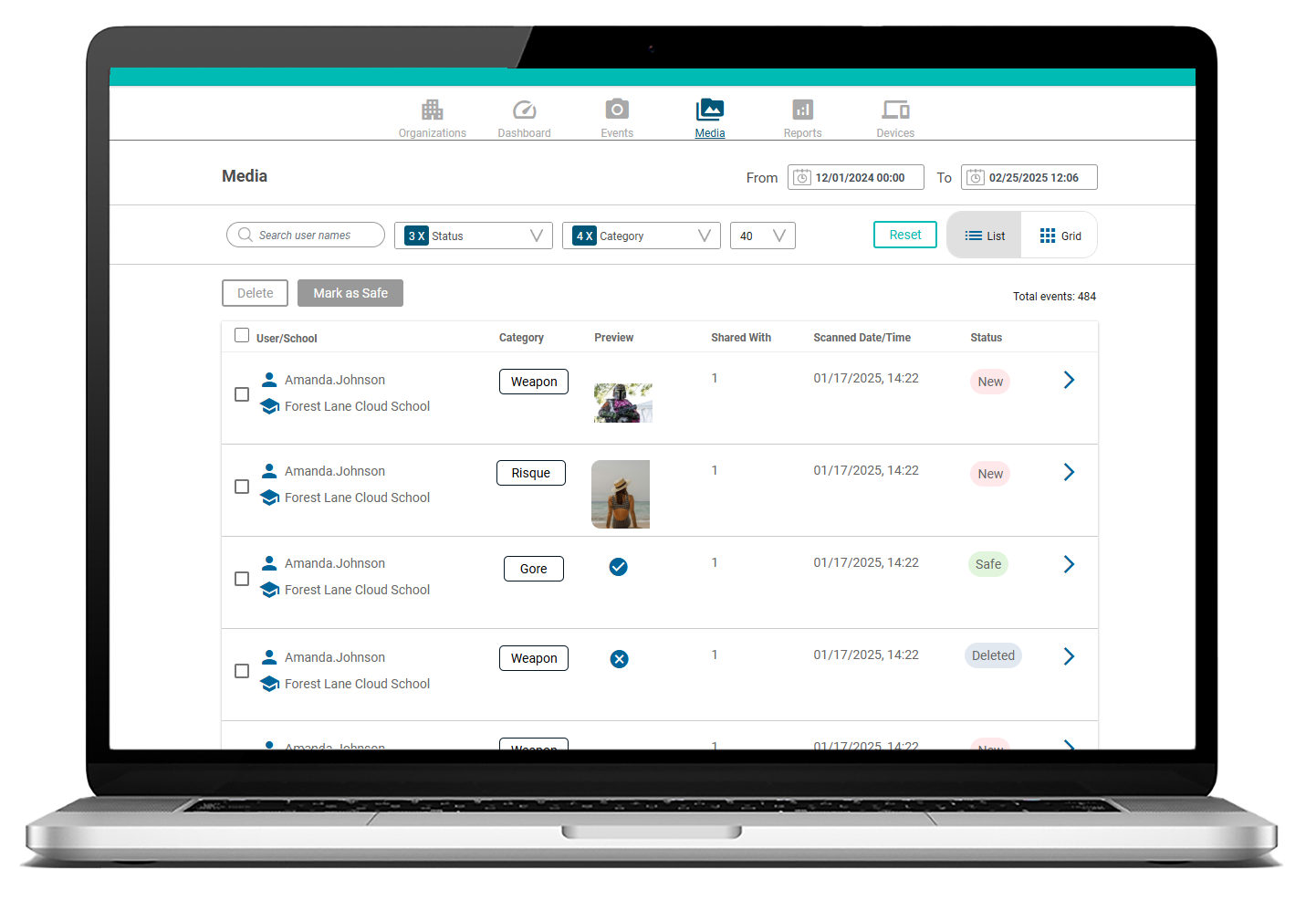Expert IEP launches AI platform to support families of students with special educational needs

A new AI-powered platform, Expert IEP, has been introduced to support parents of K-12 students with special educational needs and disclosed disabilities in the USA.
Developed by cognitive scientist Antoinette Banks developed the platform to streamline managing Individualised Education Plans (IEPs) and improve educational outcomes for students requiring specialised support.
This platform, designed with a neurodiversity-affirming approach, tailors educational plans based on the unique needs of each student. It seeks to help parents and carers by automating many time-consuming tasks typically involved in managing IEPs, such as organising meetings and handling documentation.
Customised learning solutions powered by AI
Expert IEP's AI-driven platform creates tailored recommendations that align with a student’s learning profile, providing parents with actionable insights to support their child’s education.
By analysing data specific to each student’s needs, the platform aims to offer a more personalised approach, ensuring that the educational interventions are designed to fit each student's strengths and challenges.
Unlike traditional methods that often rely on external advocates or manual management, Expert IEP anticipates issues early and provides solutions that allow parents to take proactive steps.
Speaking exclusively to ETIH, Banks said:
"The launch of Expert IEP represents a significant step forward in supporting families navigating special education. Expert IEP is more than just an app; it's a solution born from personal struggle and professional expertise. We're leveraging technology to empower families, providing them with the tools and knowledge to effectively advocate for their children's educational needs.
“With families spending $34 billion annually in this space, it's clear that they need better support and resources. Expert IEP aims to be that support system, helping to bridge the gap between families and educators, and ensuring that parents can confidently participate in their child's educational journey. Our goal is to ease the burden on families and ultimately improve educational outcomes for children with learning differences and disclosed disabilities.”




















